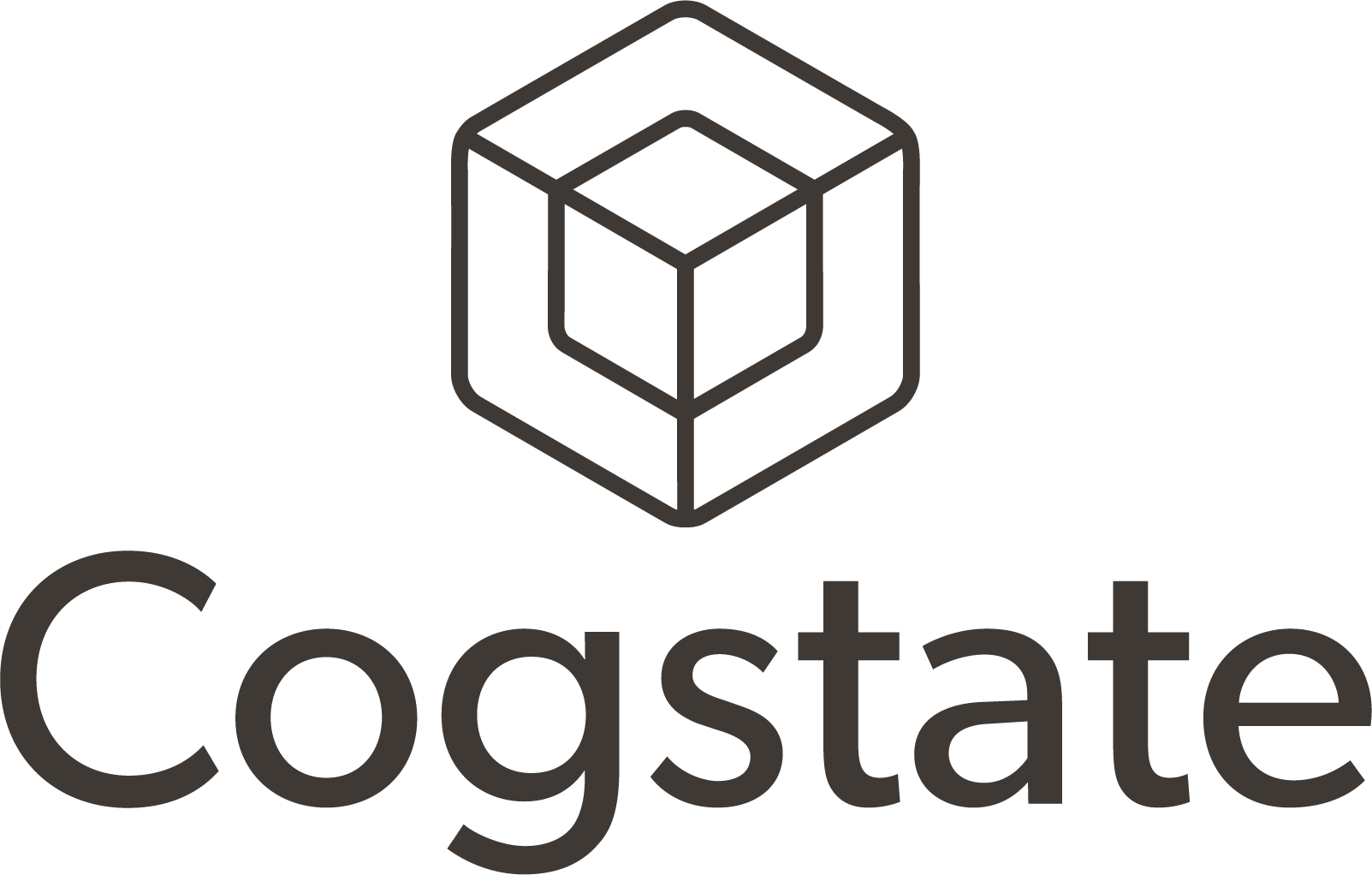In recent years the neurocognitive effects of treatments for pediatric cancers have been acknowledged in the scientific literature. However, in many cases the magnitude of these deficits and the long-term impact on cognitive maturation remain unclear. Children and adolescents present a particularly challenging population, given neurocognitive effects may impact developmental trajectories, and patients are often so unwell at the time of testing that brevity, flexibility and adaptability of the neuropsychological testing need to be considered. With the availability of computerized cognitive assessments, recent studies have more readily included longitudinal assessments of neurocognitive function.
In this free webinar, learn about a computerized battery that includes measures of processing speed, attention, memory, executive function and social emotional cognition, with a pediatric specific battery available for children as young as 4 years of age. This battery has been utilized in therapeutic areas such as acute lymphoblastic leukemia (ALL), neurofibromatosis Type I, lymphoblastic lymphoma, medulloblastoma and sickle cell disease.
Dr. Adrian Schembri and Dr. Kristina Hardy will share their collective experience on the application of computerized cognitive assessments in pediatric oncology and will share case examples of how clinical trial sponsors, research bodies and collaborative institutes such as the Children’s Oncology Group (COG) are using computerized cognitive assessments in pediatric oncology clinical trials.
Speakers

Adrian Schembri, Science Director, Cogstate
Dr. Adrian Schembri is a licensed clinical psychologist and Science Director of the Research and Development Division at Cogstate. Dr Schembri completed a Doctorate in Clinical Psychology at RMIT University in Melbourne, Australia, including a thesis that focused on the cognitive overlap between eating disorders and Obsessive-Compulsive Disorder. He has worked as a Senior Lecturer in the School of Mathematical and Geospatial Sciences, and Research Fellow in the Applied Psychology and Health Research Cluster in the School of Health Sciences at RMIT University. Dr Schembri was also a Statistics Consultant for staff and PhD students at RMIT University as well as for industry partners, providing consultation in research design, and both quantitative and qualitative analysis.
Dr Schembri has published peer-reviewed articles and conference papers in the areas of clinical, neuroscience, educational, developmental, and sports psychology, as well as ratings systems and predictive modeling. As a clinical psychologist, Dr Schembri has worked in metropolitan and rural hospitals, and in private practice settings with children, adolescents and adults in the treatment of a broad range of psychopathology, including depression, anxiety, stress, grief and loss, and eating disorders.
Dr Schembri joined Cogstate in 2012 and is responsible for supporting research teams internationally with the use of Cogstate within their studies. This work involves providing insight into research design, selection of appropriate batteries, and statistical analysis. Dr Schembri also supports new projects and innovations, and development of new computerized tests as well as screening and assessment tools within the Clinical Trials and Research and Development Divisions.
Dr Schembri is Secretary of the Victorian Section Committee of the APS College of Clinical Psychologists, and the Executive Committee of MathSport, a special interest group of Australian and New Zealand Industrial and Applied Mathematics (ANZIUM).

Kristina K. Hardy, PhD, Pediatric Neuropsychologist, Division of Neuropsychology, Children’s National Health System, Associate Professor, Departments of Psychiatry & Behavioral Sciences and Pediatrics, George Washington University School of Medicine
Kristina K. Hardy is a pediatric neuropsychologist within the Division of Neuropsychology at Children’s National Health System and an Associate Professor in the Departments of Psychiatry & Behavioral Sciences and Pediatrics at the George Washington University School of Medicine. Dr. Hardy has expertise in developmental and acquired difficulties with attention, learning and executive functioning. She provides clinical services, including evaluation and therapy, to children and adolescents with a broad range of mental and medical health issues, including those with Attention Deficit Hyperactivity Disorder (ADHD), pediatric cancer and neurofibromatosis, type 1. Her clinical research program is focused primarily on identifying factors associated with neurocognitive difficulties in survivors of pediatric cancer and children with neurofibromatosis, as well as developing and assessing interventions for these difficulties. She has a particular interest in evaluating the use of technology in mental health, including computerized assessment and cognitive training programs.
Dr. Hardy is also involved with clinical studies associated with the Children’s Oncology Group, in which she serves as Vice-Chair of the Behavioral Science discipline committee.At Children’s National, Dr. Hardy serves as the Director for the Neuropsychological and Psychosocial Evaluation Core of the Clinical Studies Resource within the Clinical and Translational Science Institute, and is actively involved in training graduate students, predoctoral interns and postdoctoral fellows.
Who Should Attend?
Executives, directors, scientists and managers from pharma, biotech and CROs responsible for the clinical development of oncology or pediatric drug products, including:
- Research and Development
- Clinical Operations
- Clinical Science
- Outcomes Research
- Outsourcing and Procurement
- Project Management
- Clinical Trial Planning and Optimization
- Medical Affairs
What You Will Learn
Attendees will gain insights on:
- Feasibility of including computerized cognitive assessments in pediatric oncology trials
- Benefits of computerized cognitive testing from the perspective of brevity, repeatability, ease of administration and sensitivity to change
- Critical considerations when selecting a computerized cognitive assessment battery for children
- Important trial design elements for measuring cognition in pediatric oncology, particularly for global trials
Xtalks Partner
Cogstate Ltd
Cogstate Ltd (ASX:CGS) is a leading science and technology solutions provider dedicated to optimizing the measurement of cognition in clinical trials, academic research and healthcare. Cogstate provides enabling technologies and professional services for higher quality neuropsychological assessments and is a pioneer in commercializing rapid, reliable and highly sensitive computerized cognitive tests. Cogstate customers include the world’s leading biopharmaceutical companies; elite sporting organizations and military; physicians and patients; renowned academic institutions and public-private partnerships. For more information, please visit www.cogstate.com.
You Must Login To Register for this Free Webinar
Already have an account? LOGIN HERE. If you don’t have an account you need to create a free account.
Create Account





